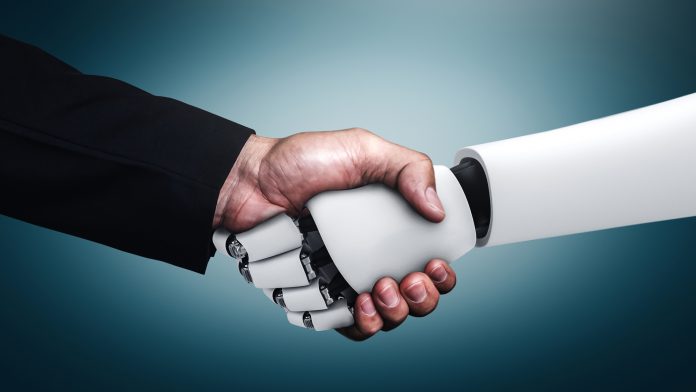A research team from the University of Borås has discovered that combining Artificial Intelligence and human intelligence allowed for the creation of a hybrid system prototype that functions as a digital decision support system for handling returns in trade.
How is AI technology transforming commerce?
The development of Artificial Intelligence (AI) has renovated commerce in numerous aspects. For example, in the retail business industry a huge number of resources are put into returns management, and there is an intensifying focus on mobile applications and advanced data analytics to understand customer behaviour.
Thus, the huge accessibility of data has led many companies to take an escalating interest in advanced data analysis, and machine learning, that can automatically generate predictions with the aim of supporting decision-making.
“AI has impacted retail business industry’s opportunities to grow and be competitive. But several companies have realised that AI-based predictions are not always useful; they have been relied upon too much,” explained Stefan Cronholm, Professor of Information Technology.
Additionally, research papers have also highlighted the risk that surrounds employees’ knowledge, skills, and experiences being overlooked. It may have to do with cognitive abilities related to logical reasoning, abstraction skills, or quiet knowledge that is not represented in databases, or about contexts, intuition, professional experiences, and culture. In those respects, people’s abilities are many times superior to that of machines.
How have scientists responded to this knowledge?
The research team developed a prototype for a digital decision support system, in which AI and human intelligence have been integrated together as a hybrid. A prototype for a digital decision support system and design principles have now been developed.
Cronholm added: “We have limited ourselves to examining how human intelligence and AI can be integrated when dealing with retail business industry returns.
“We call the prototype a hybrid system and its purpose is to support the improvement of returns management, for example in analyses of returns that are over-represented, analyses of transport in relation to carbon emissions, and analyses of more return-prone community groups.”
Both the decision support system and the design principles have been developed based on theoretical insights and empirical evaluations. After testing the prototype in a number of retail business industry companies, scientists observed that the technology contributed to higher quality decision-making than what a human or AI could produce independently.
“The design principles of the project are based on a case of returns management within a smaller number of companies, but there are no obstacles to their application in other contexts,” concluded Stefan Cronholm.









